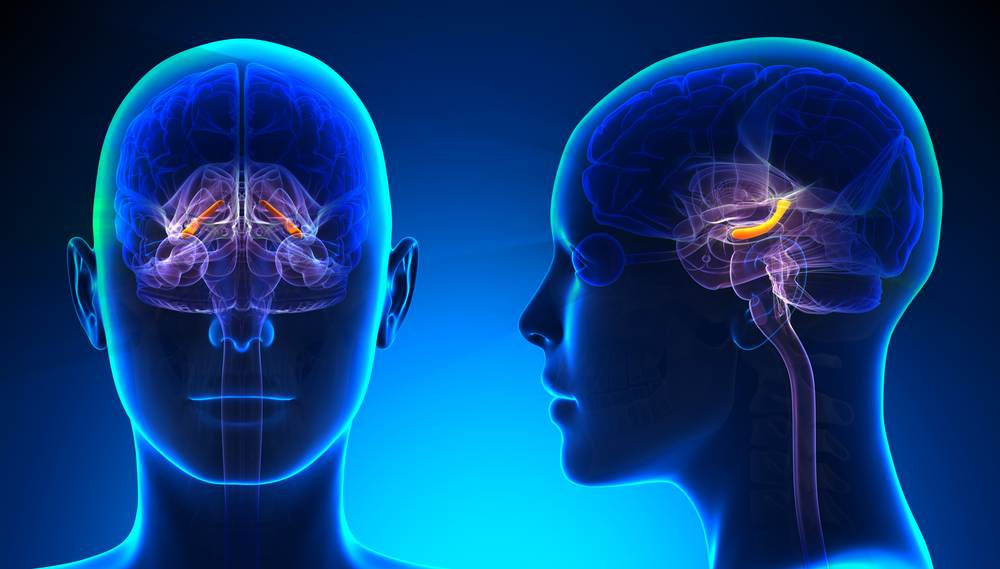High Depression Rates in MS Patients Tied to Brain Inflammation in Recent Study
Written by |

Inflammation in a brain region called the hippocampus might explain why patients with multiple sclerosis (MS) suffer from depression far more often than patients with other chronic brain diseases.
The findings, described in the report “Hippocampal Neuroinflammation, Functional Connectivity, and Depressive Symptoms in Multiple Sclerosis,” published in the journal Biological Psychiatry, suggest that targeted treatment of brain inflammation may reduce these patients’ risk of depression.
Researchers across three different U.K. institutions — King’s College London, Imperial College London, and Imanova Center for Imaging Sciences — contributed to the study, which employed two types of imaging techniques to understand the phenomenon of high rates of this psychiatric disorder among people with MS.
Among the 11 MS patients analyzed, 54% had depression and another 27% had experienced a recent depressive episode — representative numbers for this complication of MS that contrast to the 10 percent to 15 percent depression rates recorded in the general population.
Researchers first scanned the patients and 22 healthy volunteers using positron emission tomography (PET). The technique allows the visualization of brain immune cells called microglia to determine if, and to what degree, they are in an active, inflammatory state.
Next, patients and controls underwent functional magnetic resonance imaging (fMRI) to evaluate the strength of connections between the hippocampus and other brain regions involved in the processing of emotions.
Scans revealed immune activity in the hippocampus of MS patients. “We also discovered that more inflammation was associated with more severe symptoms of depression,” the study’s first author, Dr. Alessandro Colasanti of King’s College, said in a news release.
The inflammation in this brain region — something both MS and depression scientists have long focused their attention on — changed how the hippocampus connected with other brain regions, with some connections being stronger and others weaker than in healthy people.
Researchers also noted that both the level of brain inflammation and the severity of depression were linked to how altered the connections were.
Dr. Kevin J. Manning from the University of Connecticut Health Center, who was not involved in the study, applauded the findings in a commentary, published in the same issue of Biological Psychiatry.
Although the study can’t prove that inflammation actually causes depression, Dr. Manning said that the findings might act as a stepping stone for other studies exploring the connection between inflammation in the hippocampus and depression.
He underscored that in addition to the impact the findings will likely have on MS treatment, they also guide researchers studying depression, either alone or in the context of other neurological conditions, and add to the evidence piling up in support of a case linking brain inflammation to depression.


